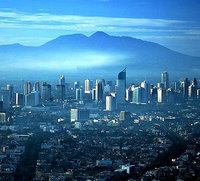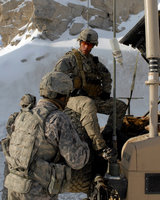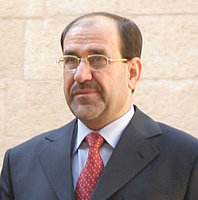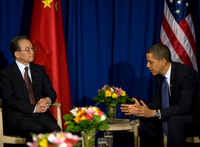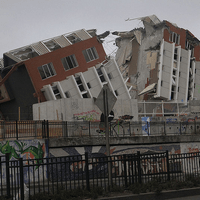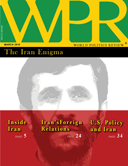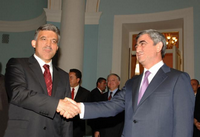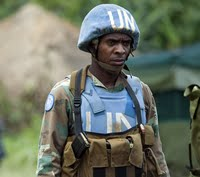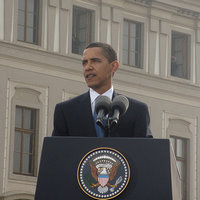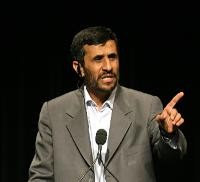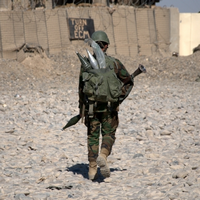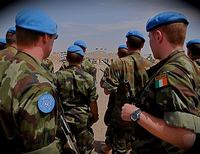
The future direction of European defense is at a crossroads. On the one hand, the NATO experience in Afghanistan has cast into stark relief the limits of European military capacities, not only at the operational but also at the political levels. On the other hand, the recently enacted Lisbon Treaty offers important new opportunities to improve European defense capabilities, especially at the institutional level. If the European Union is to establish itself as a credible security actor on the global stage, European governments will need to improve the way they work together on defense. But the biggest obstacle they face […]

